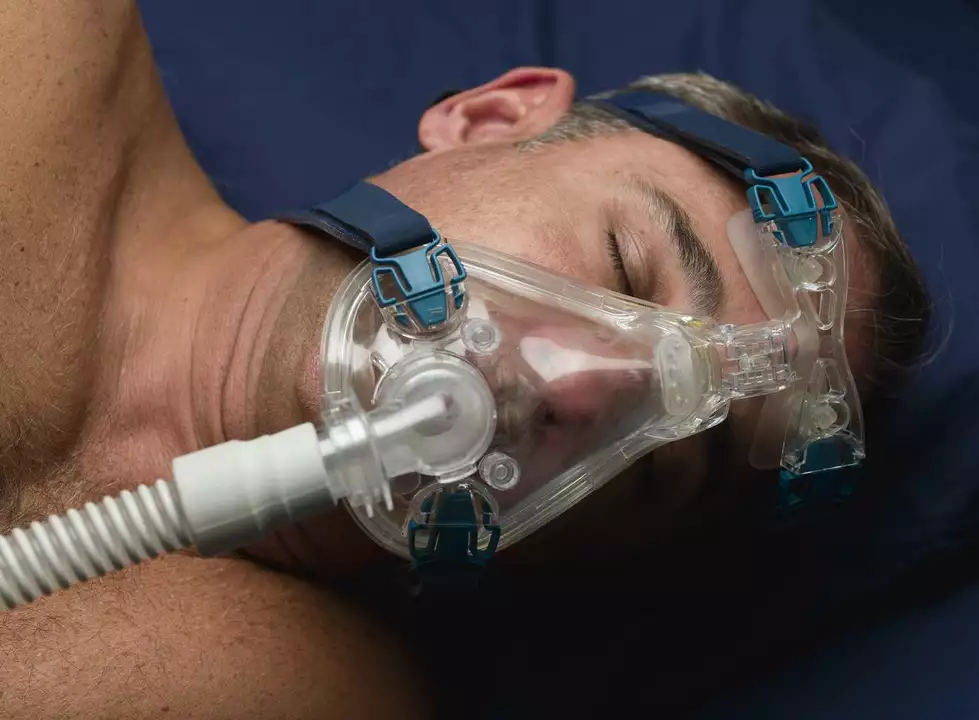Long-term effects: what to watch and how to act
Some side effects don’t show up right away. They can emerge weeks, months, or even years after you start a drug. Knowing what to watch for saves time, worry, and sometimes your health. This page helps you spot slow-developing problems and gives simple steps to manage them.
Long-term effects fall into a few clear groups: metabolic changes (weight gain, raised blood sugar or cholesterol), movement problems (shaking, slow movements, or involuntary ticks), mood and sleep shifts (worsened anxiety, depression, nightmares), and organ damage (liver, kidney). For example, antipsychotics like risperidone can cause weight gain or movement disorders over time, while some asthma or allergy meds may affect mood. Antibiotics used repeatedly or for long periods can impact tendons or gut bacteria.
How to spot them early
Start with a baseline. Get simple tests before treatment if your doctor recommends them: blood pressure, blood sugar, lipids, liver and kidney labs. Keep a short symptom diary — a single line each day noting sleep, mood, digestion, and any new aches or changes. Pay attention to slow trends (steady weight gain, persistent fatigue) rather than one-off complaints. Ask your pharmacist or doctor if a new symptom is known for your drug.
Practical steps you can take
1) Keep a current medicine list — include prescriptions, OTCs, supplements. Drug interactions can cause delayed problems. 2) Schedule follow-up checks: three months and then yearly for many chronic meds, sooner if your drug has known risks. 3) Avoid stopping medications abruptly unless a clinician tells you to; some drugs cause withdrawal or rebound effects. 4) Ask about alternatives if you’re worried — some meds have safer long-term profiles for certain people.
Know the urgent red flags: new or worsening suicidal thoughts, sudden confusion, jaundice (yellow skin/eyes), unexplained bruising or bleeding, severe muscle pain or weakness, chest pain, shortness of breath, or sudden vision changes. If you see any of these, get medical help right away.
Want practical reading? Our Risperdal guide explains long-term movement and metabolic risks: Risperdal Explained. For mood-related safety and allergy drugs, see the Singulair review: Singulair Uses & Side Effects. If antibiotics worry you, read how to use ciprofloxacin safely: How to Take Ciprofloxacin Safely. Looking at addiction treatments and combined therapies? Check our piece on disulfiram alternatives: Disulfiram Alternative Therapy. For pain meds and long-term risks, see the Toradol guide: Buying Toradol Online.
Keeping records and asking the right questions helps you and your clinician decide whether a medicine’s benefits still outweigh its risks. If you’re unsure, use our Contact Us page to reach out — we’ll point you to the guides that match your medication and concerns. Small steps now prevent bigger problems later.
Ulcerative colitis, a chronic inflammatory condition affecting the colon, has several long-term effects on the body. While it primarily targets the digestive tract, its impact can extend to other organs and systems, leading to complications such as nutritional deficiencies and increased cancer risk. Early diagnosis and proactive management can help mitigate these effects and improve quality of life. Exploring the underlying causes, symptoms, and effective management strategies can assist individuals in navigating this complex condition.
Read more
As a blogger, I've been researching the long-term effects of untreated breathing disorders and I've discovered some alarming consequences. If left untreated, these disorders can lead to chronic health issues like heart disease, stroke, and high blood pressure. Moreover, the lack of proper sleep due to breathing disorders can severely affect a person's mental health, causing anxiety and depression. It's also been found that untreated sleep apnea can result in cognitive decline and memory problems. It's crucial to seek medical help if you suspect you might have a breathing disorder to prevent these long-term health complications.
Read more







